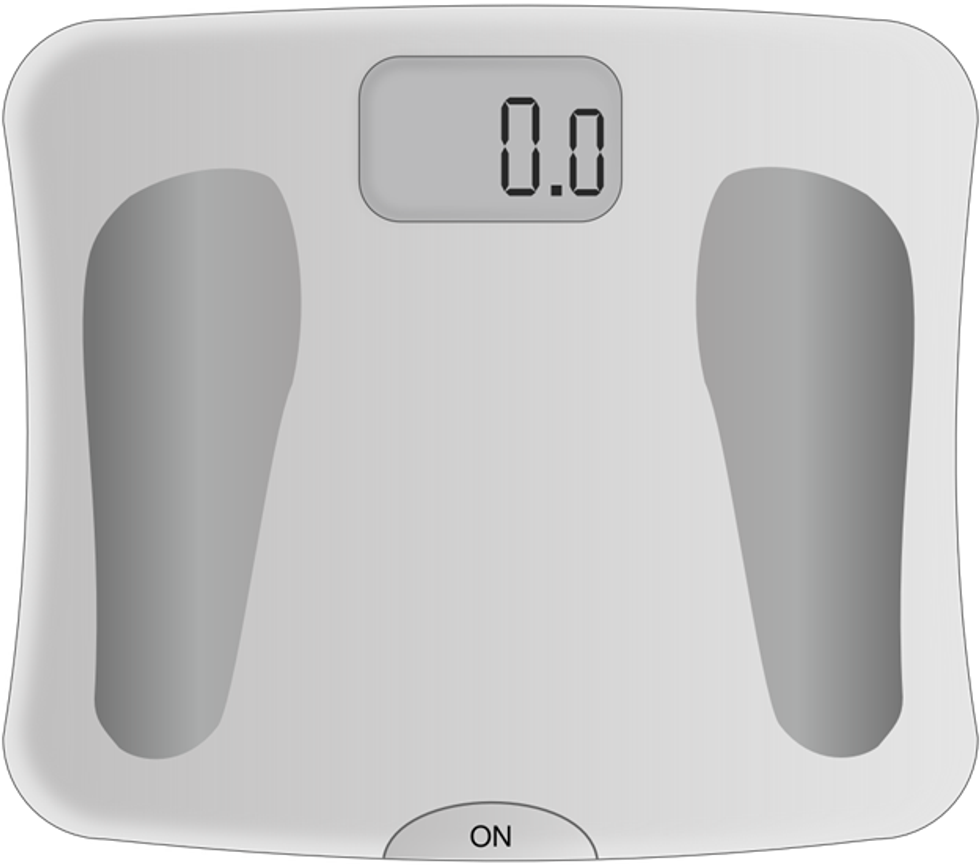Medical scales are crucial in any healthcare setting, whether a hospital, clinic or doctor's office. These scales measure weight and sometimes other vital statistics such as BMI and body fat percentage. Though simple, these measurements provide valuable insights into a patient's health and aid in diagnosing and treating various conditions. Recently, there has been growing emphasis on precision in medical scales, as even small errors can significantly impact patients and healthcare professionals. This article explores the key factors influencing the accuracy and precision of medical scales, highlighting why understanding these concepts is essential for both patients and providers.
Understanding the Difference Between Accuracy and Precision in Medical Scales
Although often used interchangeably, these terms have distinct meanings. Accuracy is how close a measurement is to the true value, while precision is about consistency. An accurate scale gives measurements close to the actual weight, while a precise scale consistently gives the same measurement. Healthcare providers must consider this when choosing equipment. Many buy Seca medical scales or opt for other reliable brands known for their precision. Investing in accurate and precise medical scales ensures high-quality patient care.
The Impact of Measurement Errors on Patient Health
Inaccurate or imprecise measurements can lead to incorrect diagnoses, incorrect dosages of medications, and inadequate treatment plans. For example, an inaccurate weight measurement on a medical scale could result in a patient being prescribed the wrong dosage of medication, which can have serious consequences for their health. Similarly, imprecise body fat percentage measurements may lead to incorrect assessments of a patient's overall health and potential risks for conditions such as heart disease or diabetes. As such, ensuring the precision and accuracy of medical scales is essential in providing patients with the best possible care and avoiding potential harm.
Factors Affecting the Precision of Medical Scales
Several factors can affect the precision of medical scales. These include environmental conditions, such as temperature and humidity, which can cause slight variations in weight measurements. The quality and calibration of the scale itself also play a crucial role in its precision. Regular maintenance and calibration are essential to ensure accurate and consistent results. Another factor is user error, which can occur if healthcare professionals are not trained properly on how to use the scale or fail to follow proper weighing protocols. Moreover, the condition of the patient, such as movements or clothing, can also affect the precision of measurements.
Why Healthcare Providers Must Be Mindful of Scale Calibration
Scale calibration entails adjusting the scale to ensure accurate measurements following established standards. Healthcare providers must be mindful of scale calibration because it directly impacts patient care. Without proper calibration, there is a risk of measurement errors that can lead to incorrect diagnoses and treatment plans. Regular calibration also ensures that the scale is functioning correctly and can detect any potential issues before they become significant problems. Healthcare facilities must adhere to industry regulations and standards for medical equipment calibrations, making it necessary for healthcare providers to stay updated on these requirements
How Patients Can Advocate for Accurate Measurements
While healthcare providers play a significant role in ensuring precision and accuracy in medical scales, patients can also advocate for their care by being informed about the importance of accurate measurements. Patients can ask questions about the calibration and maintenance of the scale used during their appointments. They can also request to be weighed without heavy clothing or objects, as these can affect the measurement. If a patient notices any discrepancies in their weight readings, they should bring it to the attention of their healthcare provider.
The Future of Precision in Medical Scales
As technology continues to advance, so does the precision of medical scales. Innovations, such as digital scales and wireless connectivity, allow for more accurate and consistent measurements. These advancements also make it easier for healthcare providers to track and monitor patient data over time. However, with this increased reliance on technology comes the need for ongoing maintenance and calibration to ensure accuracy. As medical scales become more advanced, healthcare professionals must stay updated on new technologies and best practices for maintaining precise measurements. In the future, we can expect even further improvements in the precision of medical scales, leading to better patient outcomes and overall healthcare quality.
The precision of medical scales is essential for accurate diagnosis and treatment, affecting patient health and proper medication dosing. Healthcare providers must know the difference between accuracy and precision and invest in high-quality, calibrated scales. Patients can advocate for their well-being by understanding scale calibration and questioning discrepancies. Both providers and patients must recognize the importance of precision in medical scales to ensure reliable measurements.













